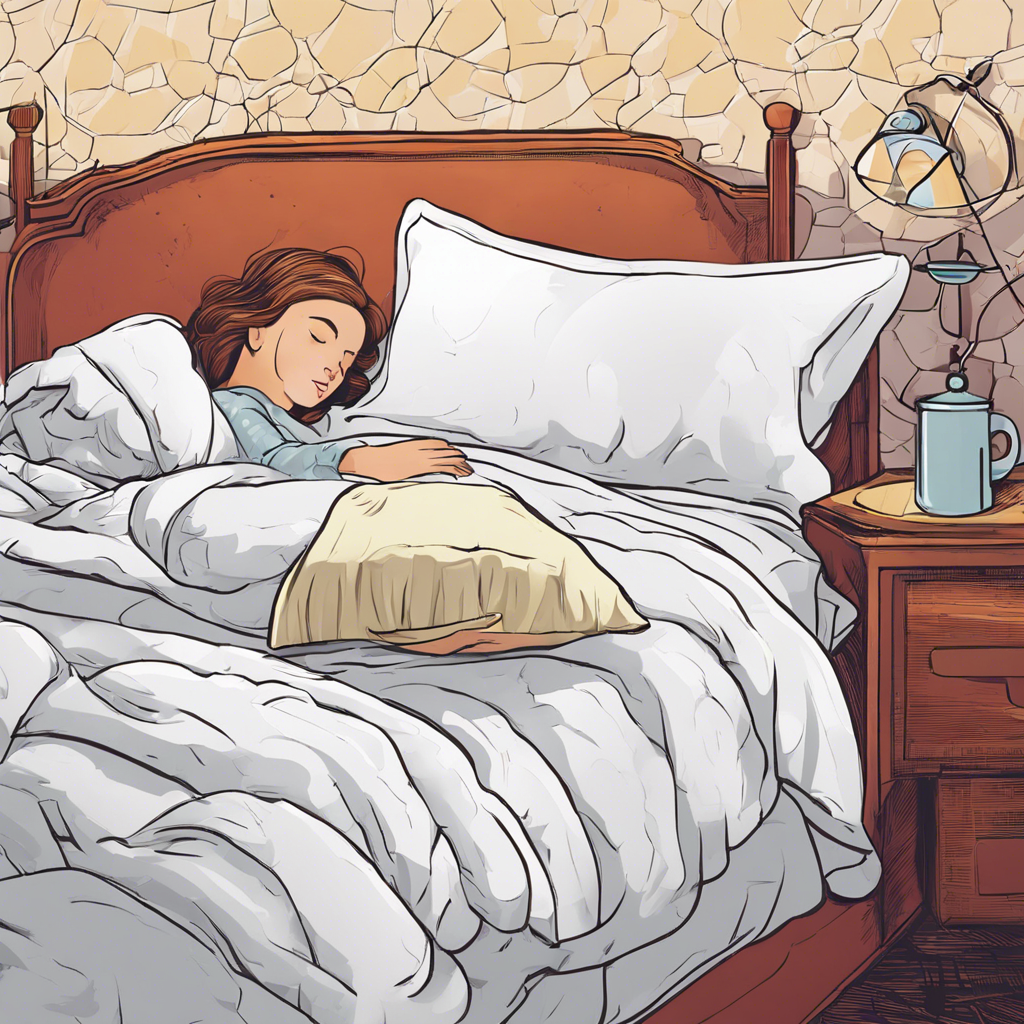Sleep is an essential, often elusive, pillar of health, as necessary as eating well and keeping active. We spend about a third of our lives asleep, and while it may seem like our bodies and brains are dormant during this time, sleep is a period of significant mental and physical activity. It is when our brains process and consolidate memories, and our bodies repair and restore themselves.
Getting a good night’s rest is about more than simply catching up on Zs; it is key to maintaining optimal health and well-being. So, what is the science behind sleep, and how can we use it to improve our sleep habits and overall health?
First, let’s talk about the sleep-wake cycle, or circadian rhythm. This is our body’s internal clock, running on a roughly 24-hour cycle, that regulates when we feel alert and tired. Exposure to light is the primary factor influencing this cycle, with sunlight signaling to our brains that it is time to wake up and darkness prompting the release of melatonin, the hormone that makes us feel sleepy. Understanding and respecting this natural cycle is key to improving our sleep habits.
Maintaining a consistent sleep schedule, even on weekends, is one way to work with, not against, our body’s natural rhythm. Exposing ourselves to natural light first thing in the morning and limiting blue light exposure from screens before bed can also help to regulate our sleep-wake cycle.
Creating a bedtime routine that signals to our brains that it is time to wind down is another helpful strategy. This could include activities such as reading, journaling, or taking a warm bath. Keeping our bedrooms dark, cool, and quiet can also enhance our sleep environment.
It is also important to watch what and when we eat and drink. Caffeine and alcohol can disrupt sleep, so limiting intake and avoiding consumption close to bedtime is best. Similarly, a light, balanced dinner, ideally eaten a few hours before bed, can improve sleep quality.
Physical activity can also improve our sleep. Exercising earlier in the day can help us fall asleep faster and enjoy deeper sleep. However, it is important to avoid vigorous exercise close to bedtime, as this may make it harder to fall asleep.
Finally, keeping a sleep diary can help identify any patterns or issues with your sleep. Recording your bedtime and wake-up time, as well as any factors that may have impacted your sleep, can provide valuable insight into your sleep habits.
In conclusion, getting a good night’s rest is about more than just sleeping; it is about understanding and respecting the science of sleep and using that knowledge to create healthy sleep habits. By implementing some of the strategies outlined above, you can start to improve your sleep quality and enjoy the benefits of a well-rested mind and body.
